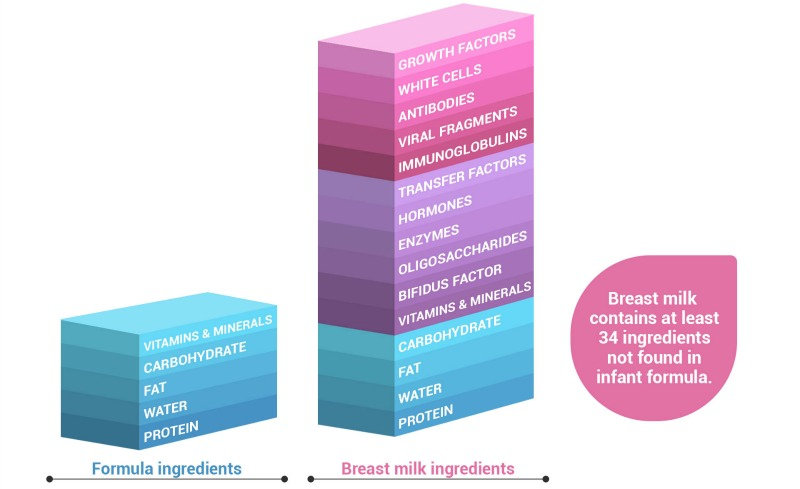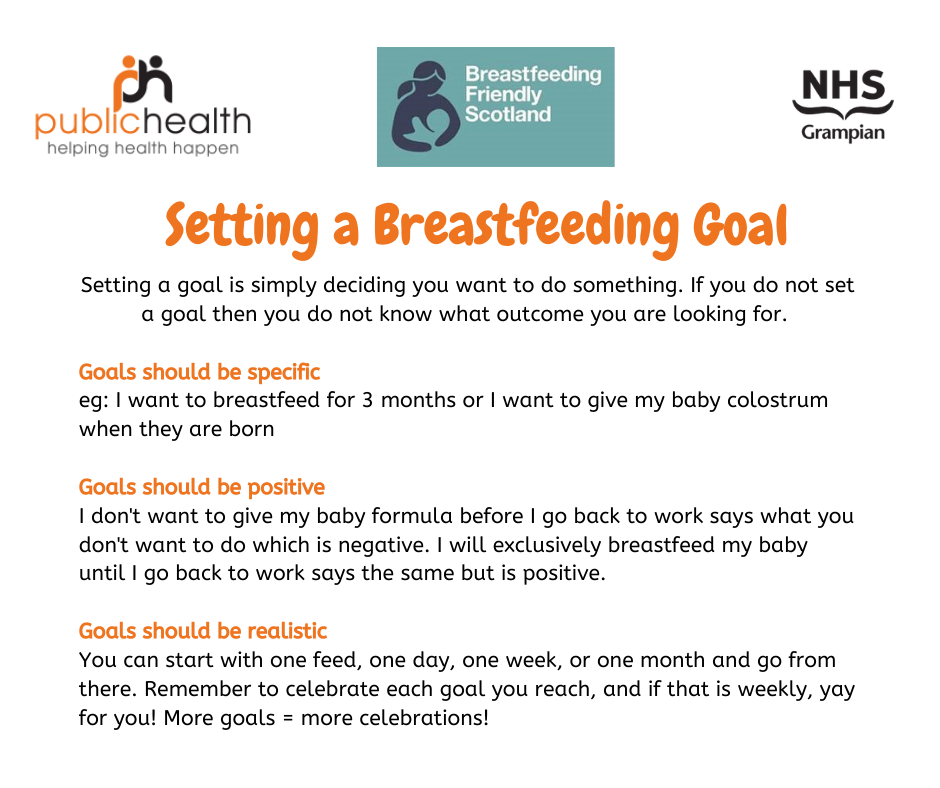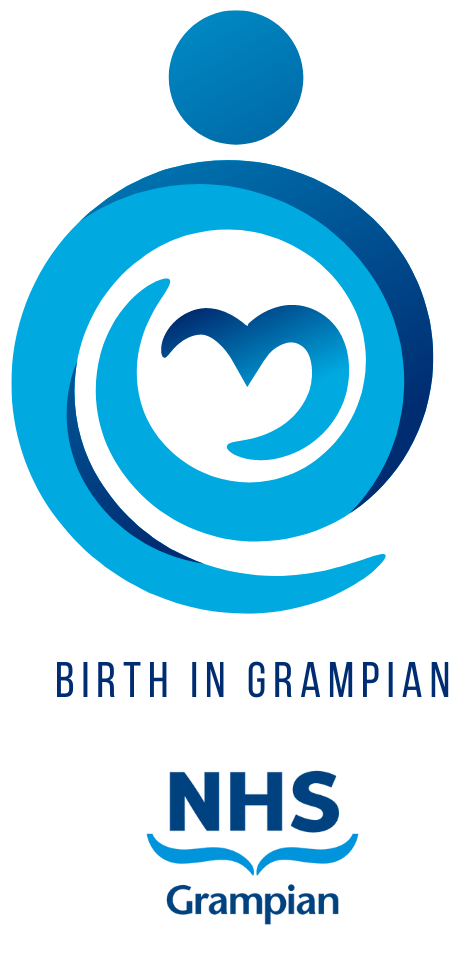Contents
We know that there are great reasons to breastfeed for both baby and mum and we wanted to review those with you, as they often provide mums with fantastic motivation for starting or continuing breastfeeding.
Reasons for Mum
- Reduces the risk of breast cancer
- Reduces the risk of ovarian cancer
- Reduces the risk of cardiovascular disease
- Reduces the risk of stroke
- Reduces the risk of osteoporosis
- Has a positive impact on your mental health if you meet your breastfeeding goals
- It’s convenient as it’s available whenever and wherever your baby needs a feed
- It does not cost money to buy
- It’s always at the right temperature and ready at any time
- Baby’s nappies tend to be less smelly
- It’s environmentally friendly
- Your body releases the love hormone ‘oxytocin’ which helps bonding with your baby
Reasons for Baby
- Reduces the risk of gastroenteritis
- Reduces the risk of chest infection
- Reduces the risk of ear infections
- Reduces the risk of urinary infections
- Reduces the risk of diabetes allergies
- Reduces the risk of childhood cancers
- Reduces the risk of Sudden Infant Death Syndrome
- Reduces the risk of heart disease
- Reduces the risk of eczema
- Reduces the risk of becoming overweight
- Breastfed babies also tend to be less windy and constipated than formula-fed babies, due to breastmilk being easier to digest.
- Breastfeeding has been shown to help build pathways and connections in babies’ brains which helps improve their intelligence and mental development.
For more information on breastfeeding please visit here
Reasons for the Environment
Just to add to the discussion there is an ethical and environmental dimension to consider as well. Breastfeeding becomes easier if you have lots of reasons for doing it that matter to you.
Overall, breastfeeding for six months saves an estimated 95-153 kg CO2 equivalent per baby! It does not require paper use, postage, plastic waste, transport costs at multiple stages in the production.
Ethically, formula manufacturers have a well documented history of using unscrupulous marketing practices across the world, including the UK, and continue to practice these to this day. This is why the UK has partially adopted to World Health Organisations International Code of Marketing for Breastmilk Substitutes. This protects the health of all babies, regardless of how they are fed, from the misleading advertisements used to sell infant formula.
What is In Breastmilk?

Have a look at the chart above. You can see both breastmilk and infant formula have water, protein, carbohydrates, fat and vitamins. However, there is so much more that is in breastmilk and that can’t be replicated by formula manufacturers.
Breastmilk contains:
Enzymes – aid your baby’s digestion, especially when digesting fat
Living white cells – engulf and destroy bacteria
Antibodies – passed from you after your immune system has beaten an infection, these coat their gut lining and protect your baby
Fat – this helps your baby to grow. The content of fat included in each feed varies as baby takes what they need.
Anti-inflammatory molecules – these reduce the inflammatory response of your baby’s gut to pathogens
Transfer factors – including lactoferrin – help your baby to absorb nutrients from your milk
Bifidus factor – facilitates the growth of ‘good bacteria’ to create an acidic environment – ‘bad’ bacteria prefer alkaline
Hormones – include insulin, thyroid stimulating hormone and growth hormones
Nucleotides – helps to regulate your baby’s sleep
Viral fragments – are thought to trigger your baby’s immune response
Human Milk Oligosaccharides – simple carbohydrates (over 200 different ones!) which prevent pathogens sticking to the gut wall and feed the favourable bacteria in your baby’s gut.
“Human Milk, Tailor-Made For Tiny Humans” advert from Human Milk CIC on Vimeo.
Please don’t feel you have to remember all this information – all these factors illustrate how unique breastmilk is – and that’s only the ones the scientists know about!
Formula milk is manufactured by profit-making companies, and ingredients come from cheap and plentiful sources. So what is it made from? The protein is mainly from cows milk, typical fat sources are vegetable based and oils from fish and fungal sources are also used. Vitamins and minerals are added which are necessary for growth, maintenance and functioning.
The contents of formula, whilst considered nutritionally adequate, does mean there are a few issues to consider.
- The fat content in a formula feed stays static, whereas the fat content of breastmilk varies over time – during an individual feed and longer term.
- Formula contains up to 3 times the protein content of mature breast milk.
These two facts, along with the possibility of overfeeding using a bottle, contribute to formula-fed babies generally being heavier than those breastfed.
The necessary vitamins and minerals are added to formula in large quantities by manufacturers because they deteriorate in storage. As you can not tell when the formula was manufactured, you won’t know how many ‘extra’ preservatives and vitamins/minerals are still present. Iron is essential to your baby’s diet but in large quantities is hard for their gut to absorb and contributes to constipation. Also, certain unfavourable bacteria love iron as an energy source and that is why formula-fed babies are more at risk of tummy bugs.
Do you have any questions about the composition of formula? Independent information about Infant Formula can be found on the website www.infantmilkinfo.org which was created by the First Steps Nutrition Trust.
Vitamin D
All pregnant women are advised to take a supplement of Vitamin D during pregnancy and when breastfeeding. It is understood that vitamin D is essential for growth and development in childhood and research has shown that pregnant women with higher levels of vitamin D are more likely to have children with greater grip strength and muscle mass by the age of four.
In Scotland, we do not necessarily get enough sunlight to prevent Vitamin D Deficiency, so it is recommended that as well as being taken by you, that your baby takes a Vitamin D supplement from birth. Newborns who are breastfed can be given drops. Click here for more information.
The NHS Choices page gives you lots of information about taking supplements and vitamins and nutrition whilst pregnant. All pregnant women in Scotland will get healthy start vitamins throughout their pregnancy free – just ask your midwife or click here for more information.
Setting a Breastfeeding Goal
So you might see us talking a lot about helping you to reach your personal breastfeeding goals. But how do you go about creating a breastfeeding goal?
Breastfeeding goals are different for everyone. Do not compare yourself with others, every body is individual and their circumstances are different.
Talk about your goal with the people supporting you before your baby arrives. Whether it is discussing how to get breastfeeding off to a good start with your midwife, asking your partner to be ready to support you whilst you establish breastfeeding or asking your friends to celebrate your achievements with you. Everyone has a role to play in helping your succeed.
Why is this important? It has been found that mothers who planned to breastfeed and went on to do so were around 50% less likely to become depressed than mothers who had planned to, and did not, breastfeed

Reasons to be Proud
Check out this brilliant ‘Reasons to be Proud’ poster from the NCT – it is great to recognise that whatever your breastfeeding goal is, you can be proud of what you have achieved.
Reasons-to-be-Proud-FINAL